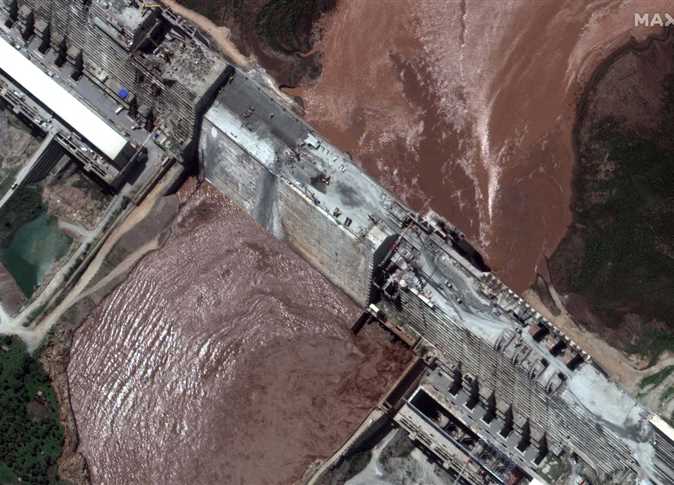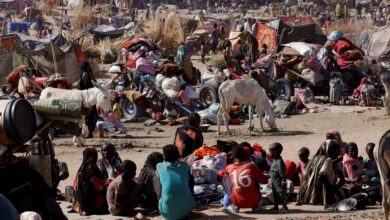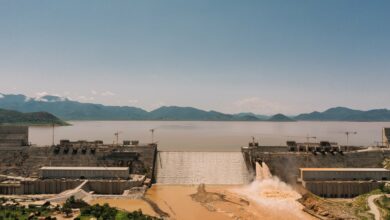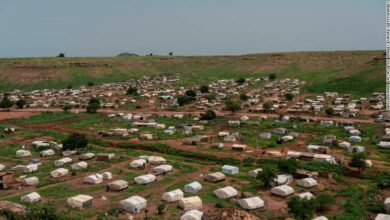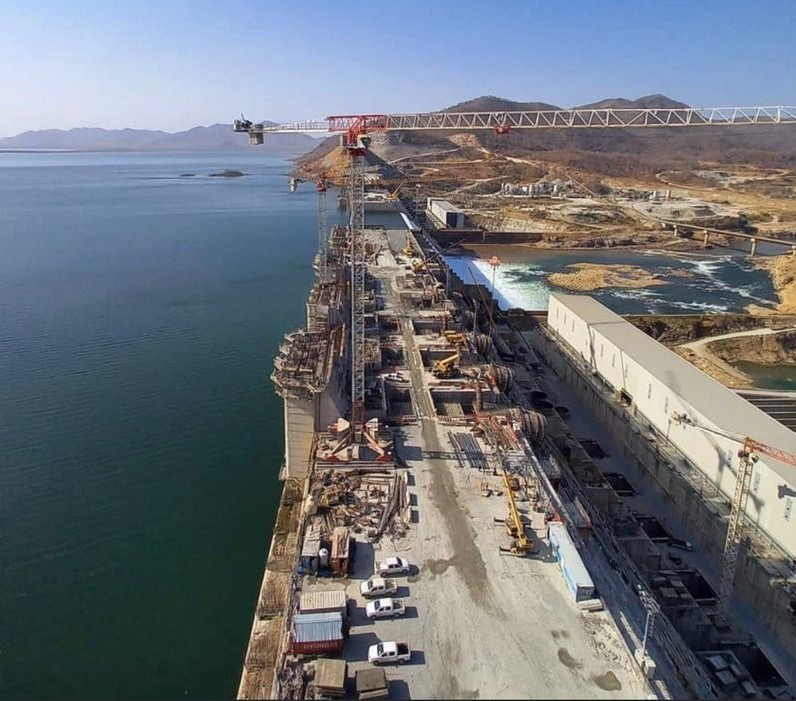
Sudanese Foreign Minister Mariam al-Sadiq expressed her hope that the US would exert enough political and diplomatic pressure on Ethiopia to finally break the stalemate on the Grand Ethiopian Renaissance Dam (GERD) negotiations.
Sadiq statements came during the American University in Cairo-Jordan Alumni Forum via video-conference.
The US has played an important role in mediation, she said, which resolved technical and legal issues and made progress in the Washington negotiations thus leaving only a few points related to the legal agreement on filling and operating the dam and some other technical/legal issues.
However Ethiopia’s retreat from what had been agreed upon during the Washington negotiations came as an unwelcome surprise, she said.
She added that Sudan responded to the African Union’s initiative to emphasize its desire for African solutions to African issues.
Sudan is looking forward to reaching a binding legal agreement on filling and operating before the second filling of GERD, she said.
Sudan’s vision on the dam dilemma has been met with national consensus between the components of the transitional government and the Sudanese public, alongside a regional and international understanding of the reasonableness and objectivity of the proposal, she explained.
Khartoum is ready to negotiate to resolve the issue by peaceful means and under the auspices of the African Union, the minister said, and welcomes the role of international partners as guarantors and facilitators.
She further referred to African experience in dealing with cross-border rivers, especially those of the Niger and Senegal rivers, which proves the possibility of reaching mutual benefit via cooperation.
Egypt and Sudan say they want a legally binding agreement on filling and operating the GERD, while Ethiopia is trying to evade a binding agreement.
The construction of the dam, which began in 2011, is considered to be one of Egypt’s most serious water issues.
Egypt, which relies considerably on freshwater from the Nile, has voiced fears that the GERD would negatively impact the country’s water supply, and has insisted that measures be put in place to protect downstream countries in case of drought during the dam’s filling process.
Ethiopia, on the other hand, has stressed the importance of the project to bolster its economy, where more than half of the population currently lives without access to electricity.

